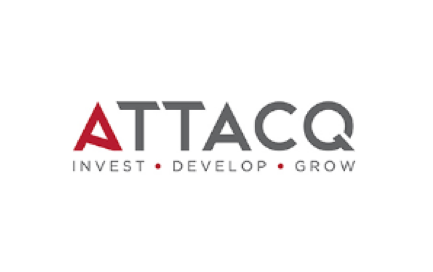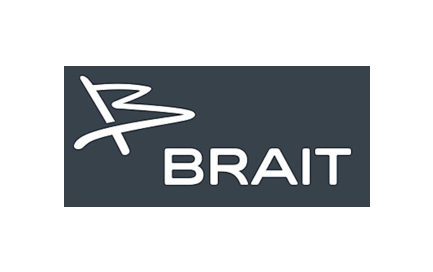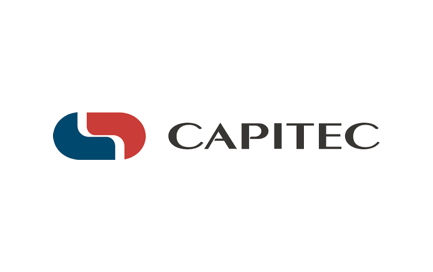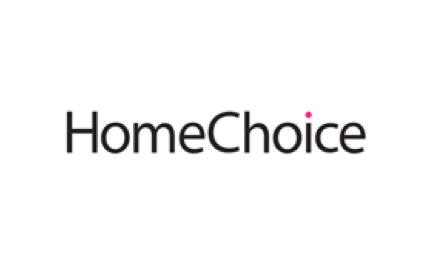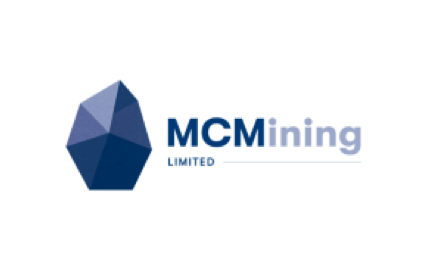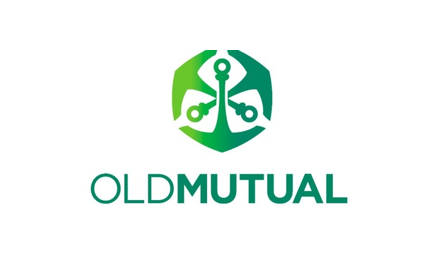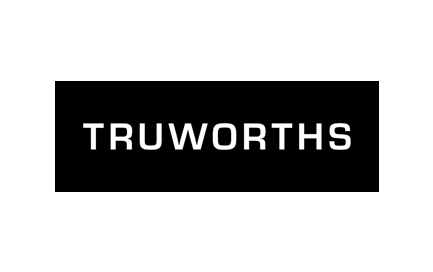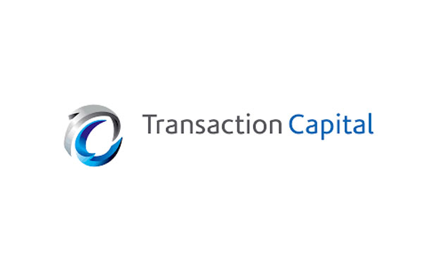Get the latest recap of JSE news in the Ghost Wrap podcast, brought to you by Mazars:

Attacq: improved income guidance and a full exit from MAS (JSE: ATT)
The net asset value per share has dipped slightly over the past year, though
Attacq has released results for the six months to December 2023 and they reflect some important strategic steps. For example, this was the period in which the major deal with the Government Employees Pension Fund for Waterfall City was implemented.
Although not captured in the results to December, the group has also taken the significant step of agreeing to sell the entire remaining shareholding in struggling Eastern European property fund MAS (JSE: MSP) at a price of R16.75 per share, which is actually a slight premium to the current MAS price of R15.95 a share. This will unlock cash of R773 million for Attacq to invest. The buyer is PKM Developments Limited.
Now, back to the numbers. Attacq’s interim dividend has moved ever so slightly higher from 29 cents to 30 cents per share, with the net asset value per share dropping from R17.35 to R17.25. Group gearing decreased from 37.3% to 25.3%, giving Attacq one of the strongest balance sheets in the property sector.
Guidance for full year distributable income per share growth has been revised higher to between 10.0% and 12.5%.
And if you can believe it, even occupancy in the office properties has moved higher between June 2023 and December 2023!
The market has very little love for Brait (JSE: BAT)
This is despite Virgin Active now having over 1 million members worldwide
The sad and sorry state of the Brait share price is quite something to behind. Even the most H2O-ready boets at Virgin Active couldn’t lift this thing:

Premier is separately listed these days (JSE: PMR), so you can get everything you need to know about that investment within the Brait stable from the pre-close announcement that Premier recently released to the market. The TL;DR of it is that revenue growth slowed to low single digits as inflation moderated on the food items that Premier mainly operates in. The company is on track to improve its leverage ratio despite a significant capital investment programme.
The market pays a lot of attention to the Virgin Active numbers though, as this is not separately listed. Virgin Active South Africa now has 625k members (up from 606k as at the end of September 2023) and worldwide membership at Virgin Active has surpassed the 1 million mark. All territories other than Australia are now EBITDA positive.
Run-rate EBITDA has increased to £55 million, up from £30 million as at 30 September 2023.
At New Look, the UK fashion business, average selling prices were higher over Christmas and volumes were down. The net result was a reduction in revenue. Management focused on margin retention.
Brait is still busy figuring out how to extend the December 2024 maturities for the convertible bonds and exchangeable bonds. No agreement has been reached as of yet.
An interesting capital allocation step at British American Tobacco (JSE: BTI)
The company is selling down the stake in India to fund further share buybacks
British American Tobacco has announced that it will sell-down a stake of 3.5% in Indian business ITC. This would take the company’s stake down to 25.5%, which is still a significant minority holding.
The sentiment around India is largely positive at the moment, particularly as China’s economy has stalled. It seems as though British American Tobacco is taking advantage of this, with a view to getting a good price on the shares from institutional investors and then using those proceeds to repurchase British American Tobacco listed shares that are trading at a modest multiple.
At this stage we don’t know what the pricing of the stake will be, but this is a solid capital allocation strategy and many a listed company could take notes here. Importantly, I don’t think it really makes a difference whether the stake is 25.5% or 29% in terms of control and influence, so this is purely a financial consideration around capital allocation rather than a larger strategic decision.
It’s also interesting that this buyback is happening while the company is also working towards a decrease of overall leverage to reach a level of 2x – 2.5x adjusted net debt to adjusted EBITDA.
Capitec increases its stake in Avafin (JSE: CPI)
This is a further investment in international operations
Capitec currently has a 40.66% stake in Avafin, an international consumer lending group. This is moving up to 97.69% at a purchase price of €26.3 million. The original stake was acquired back in 2017, so Capitec has already walked a multi-year road with this business.
The small residual amount in the business will be held by Avafin’s management team.
Avafin provides online consumer loan products in Poland, Czechia, Latvia, Spain and Mexico. This is therefore geographical diversification for Capitec, with the banking group noting that Avafin’s “small challenger” status in its markets of operation make it a good culture fit.
The numbers on the fact sheet provided to the market by Capitec are outdated (key financials are for 2022), so that’s not super helpful. For that year, net profit was €8.3 million and return on equity was 56%.
Homechoice had a decent year in 2023 (JSE: HIL)
The total dividend ended up being 7% higher
Homechoice is one of those JSE-listed companies that you’ve probably not spent much time thinking about. The group is focused on fintech solutions and it seems to be working, with the Weaver business contributing 92% of group operating profit. It contributes far less in the way of revenue though, with fintech revenue of R1.9 billion vs. total revenue of R3.7 billion.
Operating profit is up 28.4% to R619 million despite retail sales decreasing by 23.6%, so fintech really is driving the story here. In case you’re wondering what they do, a good example is the PayJustNow offering of buy-now-pay-later (or BNPL) solutions. This is a payment solution that has taken off globally in the past few years, with PayJustNow having a strong position in the local market.
HEPS has increased by 7.2% to 309.3 cents and the total dividend for the year was up 9% to 153 cents.
A disappointing update from Hyprop (JSE: HYP)
REIT investors hate to see a dividend go
Hyprop is exposed to many of the best retail shopping malls in South Africa. I’m a shareholder in the fund for that reason, having bought in with a multi-year view on rates coming down and higher quality malls still performing decently.
Then along came not just Pick n Pay, but also Hyprop’s exposure to Nigeria. The latter isn’t a surprise. The former feels like very dicey justification to me, as we are all aware that Pick n Pay is facing plenty of pressure but it’s very hard to imagine a world in which flagship stores in leading malls shut down. Nothing is ever impossible, but really?
Hyprop is worried enough about this Pick n Pay issue (and the devaluation of the naira and the impact this has on the Ikeja City Mall) to not pay an interim dividend “until these risks subside” – which feels extremely open-ended. If they are hoping that the Pick n Pay or Nigerian issues will magically be sorted out in the next few months, they are dreaming.
Distributable income per share for the six months ended December 2023 came in 13.4% lower, with an increase in the number of shares after the dividend reinvestment programme. Distributable income (i.e. not on a per-share basis) was only down by 8.3%.
The market felt as frustrated by this update as I did, with the share price down 4% for the day. There were no shortage of disgruntled voices, particularly in the context of how much Hyprop recently paid for Table Bay Mall.
I decided to express my annoyance with a meme:
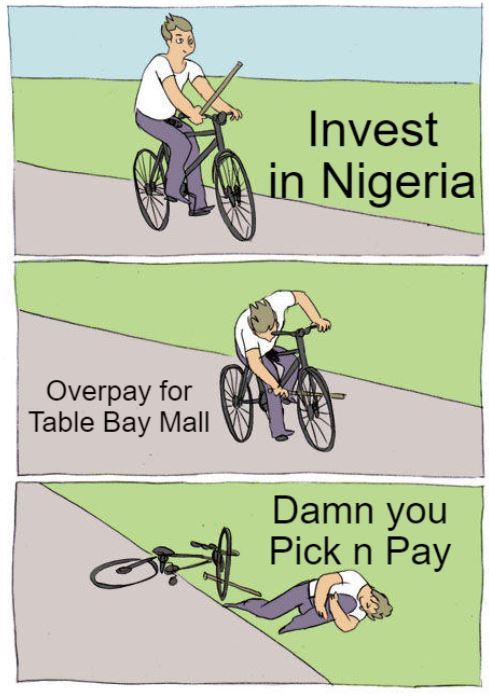
Well, so much for the MC Mining bidding war (JSE: MCZ)
As quickly as they appeared, Vulcan Resources has disappeared
In a very odd sequence of events, Vulcan Resources went from submitting an indicative non-binding proposal (with a pricing range) on 8 March, to walking away from the opportunity just four days later. Vulcan will not be proceeding with a formal offer to shareholders of MC Mining.
Now, it is common for non-binding proposals not to go ahead. The clue is in the name, right? What I don’t understand is how it happened in just four days.
Very, very odd indeed.
This leaves Goldway Capital as the only bidder at the moment, with the independent board of MC Mining recommending that shareholders do not accept that offer.
Old Mutual’s numbers looked good for 2023 (JSE: OMU)
This puts the group back in the headlines for the right reasons
Old Mutual has released a trading statement for the year ended December 2023 that reflects strong growth in HEPS of between 18% and 38%. This has been driven by an improvement in results from operations (basically their measure of operating profit) of between 6% and 26%.
You may want to use adjusted HEPS instead, as this excludes hyperinflation in Zimbabwe. This metric has increased by between 14% and 34%, so that isn’t too different to the change in HEPS.
Old Mutual has been at the centre of quite a bit of controversy on local social media recently, with consumer activists calling for people to move their policies. Whether this will actually have an impact on the numbers will only be seen in 2024. Old Mutual is a very large organisation.
Truworths distances itself from Truworths Zimbabwe (JSE: TRU)
The Zimbabwean business is immaterial to the Truworths group
The Zimbabwe Stock Exchange has agreed to a voluntary suspension from trading of Truworths Zimbabwe, in which Truworths has a 34% shareholding.
This is because the company needs to address going concern issues and comply with listings requirements, which means the creation of a roadmap to resolve current challenges.
The investment in Truworths Zimbabwe has been held since 2002 and has been fully impaired by Truworths in prior years, so the issue in Zimbabwe is essentially immaterial to the rest of Truworths.
The WeBuyCars pre-listing statement is available
The listing date has been set as 11 April
If you’re a shareholder in Transaction Capital (JSE: TCP) like I am, then this is an important update. The pre-listing statement has been released by WeBuyCars, with the company set to be separately listed on 11 April.
Having originally been founded in the early 2000s by brothers Faan and Dirk van der Walt, WeBuyCars is a great example of how to spot a gap in the market and really go for it. I’ve written multiple times before on how impressed I’ve been by the growth story.
With 2,800 employees and around 14,000 vehicles traded each month, the company has come a long way. Due to troubles at Transaction Capital, it will now be set free to stand on its own feet.
This will give investors an opportunity to take a pure-play view on used car sales, with no noise from car rental or new car operations. WeBuyCars is also a dividend paying firm, with a policy to declare between 25% and 33% of headline earnings as a dividend going forward.
As for growth prospects, they believe that they can grow from the current level to around 23,000 vehicles per month in the next 4 to 5 years. Alongside this goal, there are plans to drive the in-house IT capabilities and to improve the finance and insurance penetration rates.
There are a number of complicated transaction steps along the way from a Transaction Capital perspective, with the group planning to unlock cash of between R900 million and R1.25 billion to help sort out its balance sheet. Transaction Capital’s shareholder in WeBuyCars is anticipated to be between 57.5% and 67.5% immediate prior to the listing and unbundling.
The capital raising activities imply a valuation for WeBuyCars of R7.5 billion.
If you would like to view the abridged pre-listing statement, the company has placed it in Ghost Mail at this link. I highly recommend signing up to attend the Unlock the Stock event this Thursday 14th March at midday, as that is your chance to ask questions directly to the management team. Attendance is free but you must register here.
Little Bites:
- We don’t have any details behind the rise in earnings, but Grand Parade Investments (JSE: GPL) released a trading statement reflecting growth in HEPS of between 11% and 31% for the period ended December 2023. We will have to wait for the release of results on 20 March to find out more.



